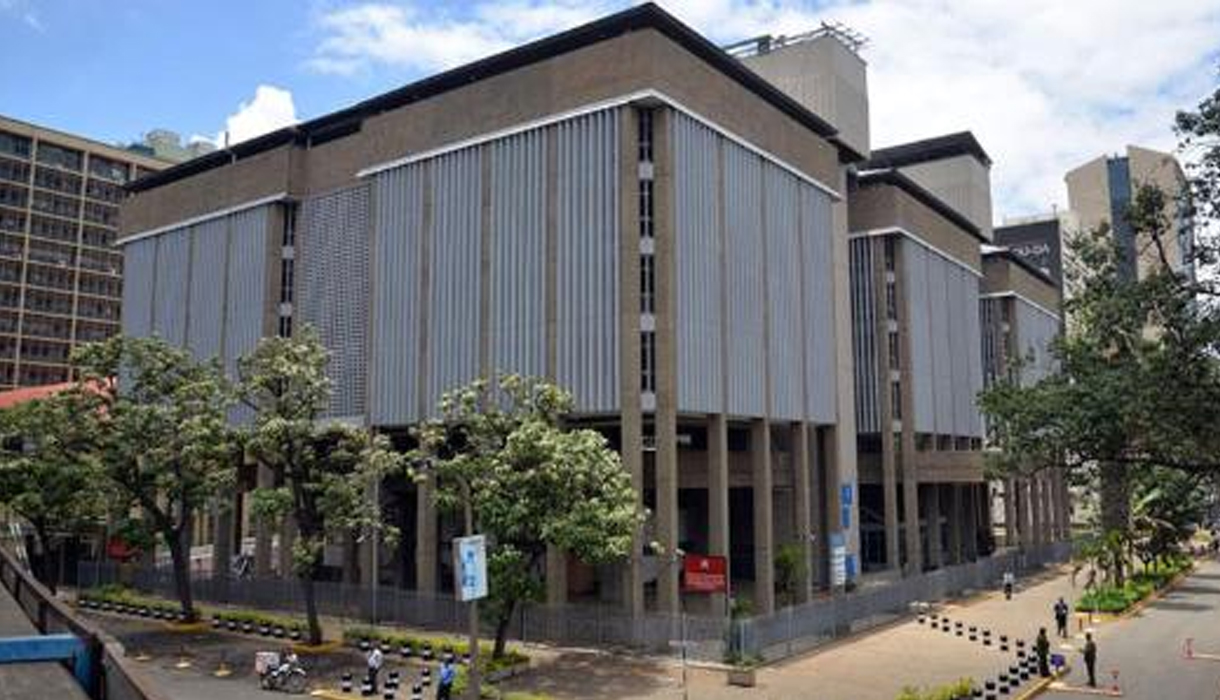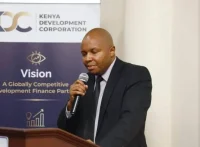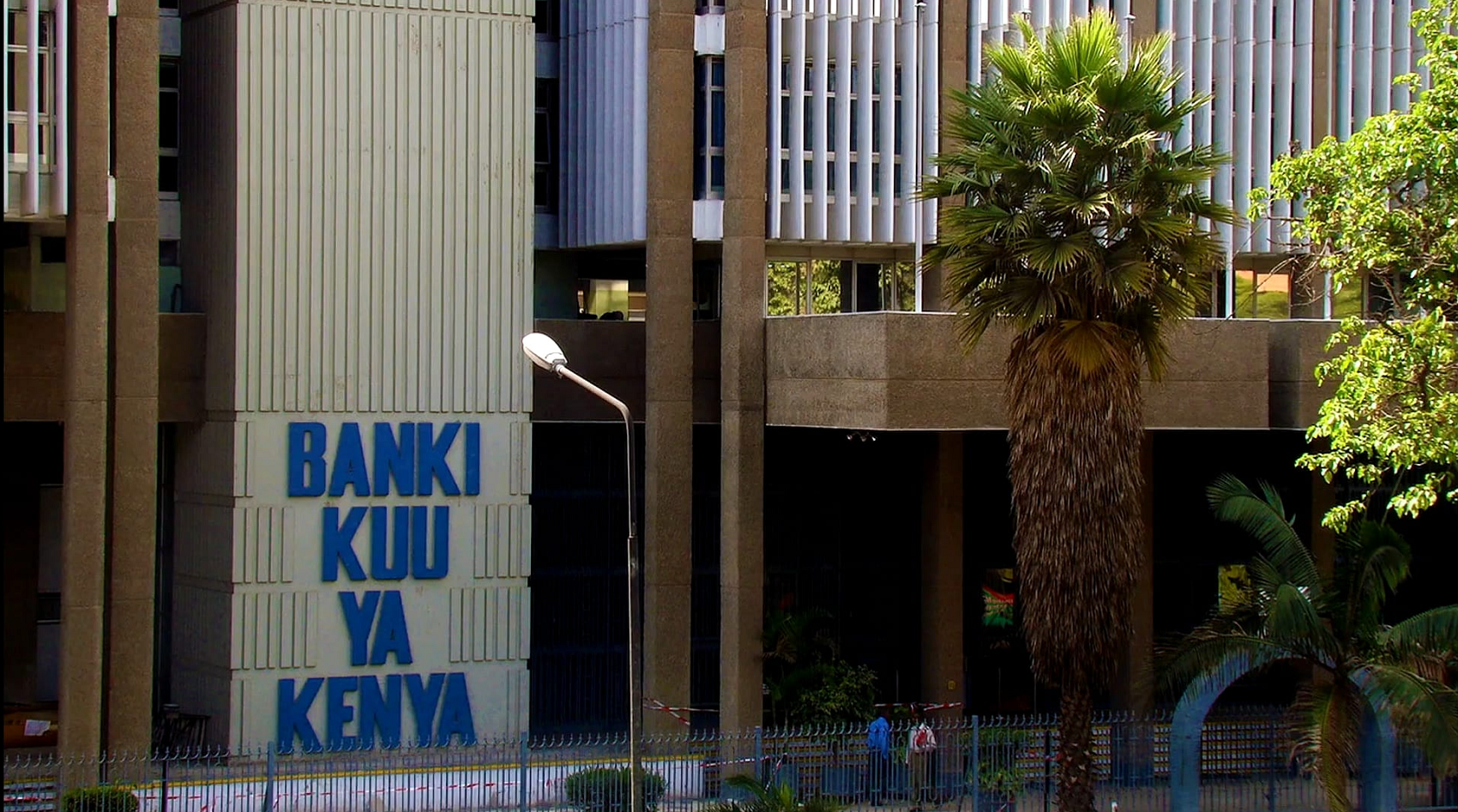The Central Bank of Kenya (CBK) has maintained its base lending rate at 7% moving away from a back to back streak that had seen the monetary policy regulator cut the lending rate in March and April, moves that reeked of tough times ahead but nonetheless allowed customers to borrow at the lowest rates since February 2011.
On Wednesday, The Monetary Policy Control (MPC) Committee exuded confidence that interventions driven by CBK and the national government are having the intended effect on the economy and given relief to borrowers hence the decision to freeze the lending rate at 7.00%.
“Leading indicators of the Kenyan economy point to relatively strong GDP growth in the first quarter of 2020. Nevertheless, growth is expected to weaken in the second quarter, due to the adverse impact of the containment measures, particularly in transport and storage, trade and accommodation and restaurants. As a result, real GDP growth in 2020 could slow to about 2.3 percent from 5.4 percent in 2019,” said CBK Governor Dr. Patrick Njoroge in a statement.
“The MPC will continue to closely monitor the impact of the policy measures so far, as well as developments in the global and domestic economy, and stands ready to take additional measures as necessary. In this regard, the Committee decided to reconvene within a month,” added the CBK Governor.
Interventions
CBK has made a raft of policy interventions including the lowering of the Cash Reserve Ratio (CRR) in March which released Ksh35.2 billion to the banking sector.
“To date, 82.6 percent of the funds, Ksh29.1 billion, have been channeled to support lending, especially to the tourism, transport and communication, real estate, trade, and agriculture sectors,” said Dr. Njoroge.
CBK in March also facilitated banks to offer relief to borrowers.
According to Dr. Njoroge, the repayment period of personal/household loans amounting to Ksh102.5 billion, or 13.1 percent of the banking sector personal/household gross loans, had been extended by the end of April.
For other sectors, a total of Ksh170.6 billion had been restructured mainly to Trade (43.5 percent), Manufacturing (13.6 percent), Tourism (9.0 percent) and Real Estate (9.8 percent).
Total loans restructured worth Ksh273.1 billion accounted for 9.5 percent of the total banking sector loan book of Ksh2.8 trillion.
The measures announced by CBK in March waiving charges on mobile money bank account to electronic wallet transfers have seen the average number and value of bank to ewallet transactions increase by 488,000 transactions per week, valued at Ksh166 million.
Private sector credit grew by 9.0 percent in the 12 months to April 2020. This growth was observed mainly in manufacturing (20.1 percent), trade (10.3 percent), transport and communication (9.1 percent), building and construction (7.7 percent), and consumer durables (19.6 percent).
“Credit uptake by MSMEs is expected to increase particularly with the prospective Credit Guarantee Scheme, which will de-risk lending to the sector,” said Dr Njoroge.
The ratio of gross Non-Performing Loans (NPLs) to gross loans stood at 13.1 percent in April, compared to 12.5 percent in March. This was due to increased NPLs in the real estate, trade and manufacturing sectors following a further slowdown in economic activity in these sectors.
“CBK foreign exchange reserves, which currently stand at USD8,341.5 million (5.02 months of import cover), continue to provide adequate cover and a buffer against short-term shocks in the foreign exchange market,” added the governor.













Leave a comment